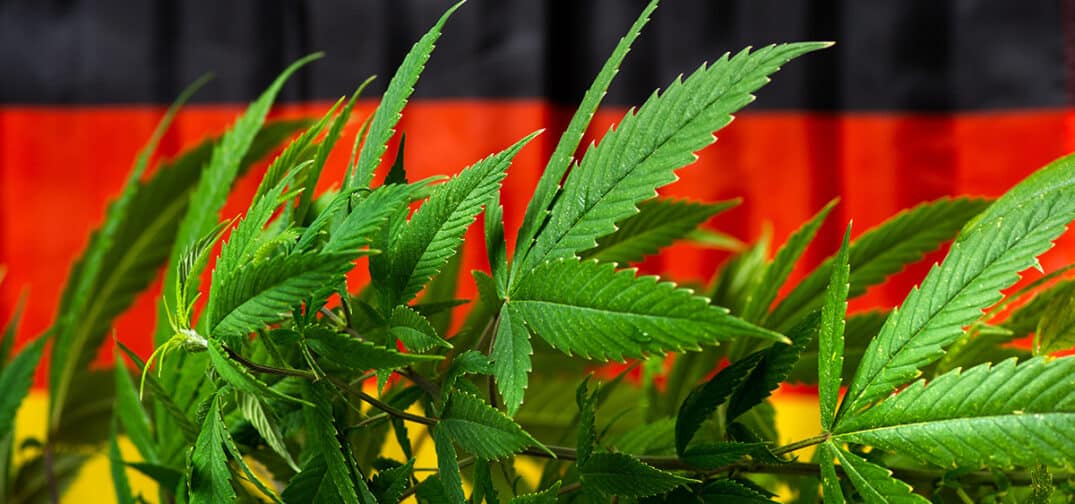- The law, which will take effect on April 1, 2024, aims to reduce the black market, protect the health and rights of consumers, and regulate the quality and supply of the drug.
Germany has recently passed a law that legalizes the possession and cultivation of cannabis for personal use, becoming the third country in Europe to do so after Malta and the Netherlands.
The law, which will take effect on April 1, 2024, aims to reduce the black market, protect the health and rights of consumers, and regulate the quality and supply of the drug.
According to the law, adults aged 18 and over can grow up to three cannabis plants at home and buy up to 25 grams of cannabis per day or 50 grams per month from licensed retailers.
They can also join non-profit cannabis clubs that can grow and distribute cannabis for their members. However, the law also imposes some restrictions and safeguards, such as prohibiting the sale and consumption of cannabis to minors, limiting the THC content of cannabis products, and requiring the Ministry of Interior to make regulations for the implementation of the law.
The law has been supported by the ruling coalition of Social Democrats, Greens, and FDP, who argue that the current prohibition of cannabis has failed to curb its use and has caused more harm than good.
Read More
They claim that the law will respect the dignity and autonomy of cannabis users, improve their access to safe and quality products, and help them avoid criminalization and stigma. They also hope that the law will generate tax revenue and create jobs in the cannabis industry.
However, the law has also faced opposition from some conservative politicians, doctors, and anti-drug activists, who warn that the legalisation of cannabis will increase its consumption, especially among young people, and pose serious risks to their physical and mental health.
They contend that cannabis is a harmful and addictive substance that can impair cognitive functions, trigger psychosis, and lead to the use of harder drugs.
They also doubt that the law will effectively control the illicit market and prevent the abuse of cannabis.
The legalisation of cannabis for personal use in Germany is a controversial and complex issue that has sparked a heated debate among different stakeholders.
The law reflects a shift in the public opinion and the political will towards a more liberal and pragmatic approach to cannabis policy.
However, the law also faces many challenges and uncertainties in its implementation and evaluation, and its impact on the society and the individual remains to be seen.












